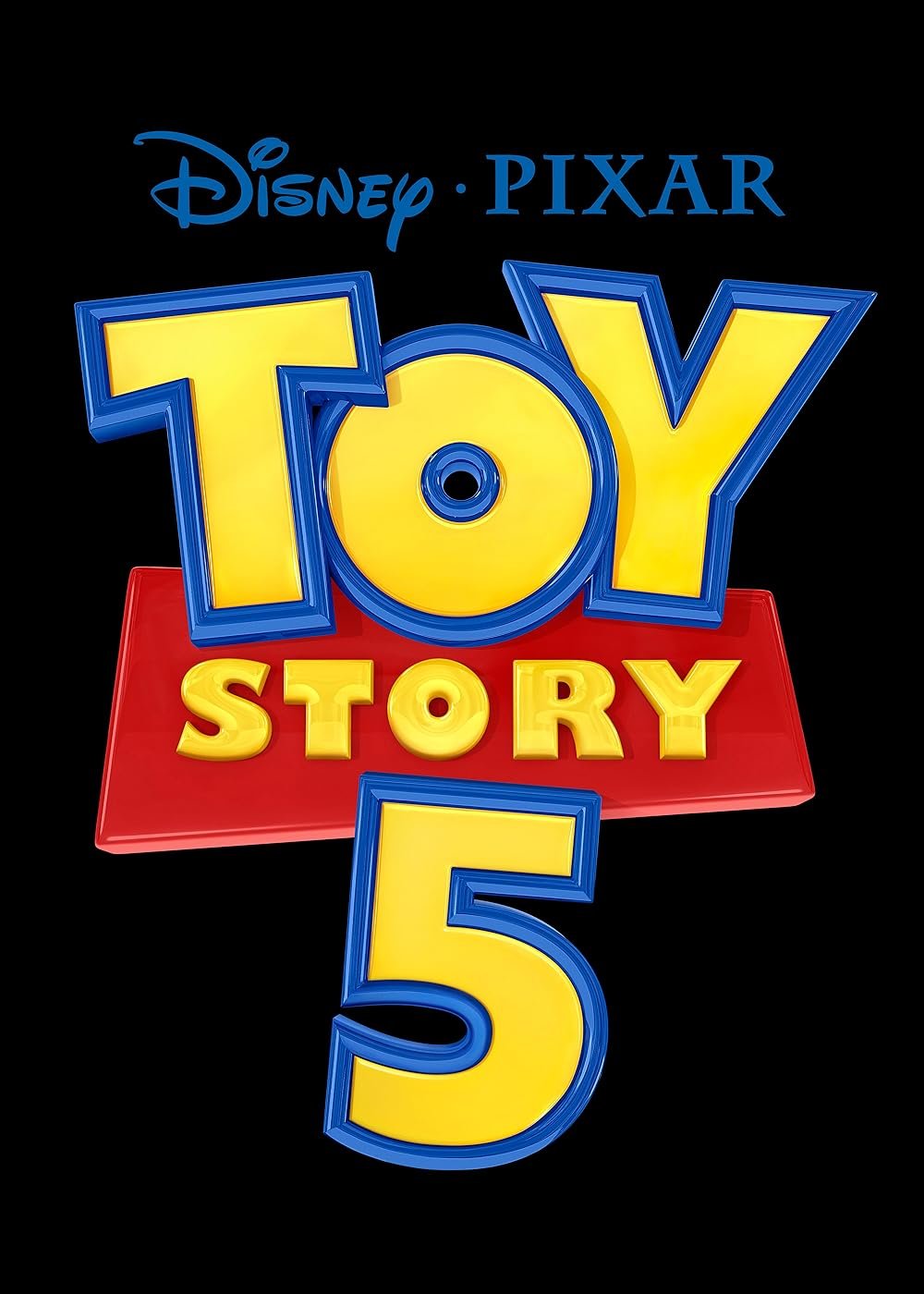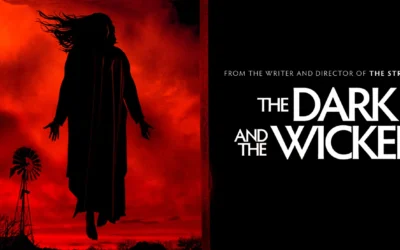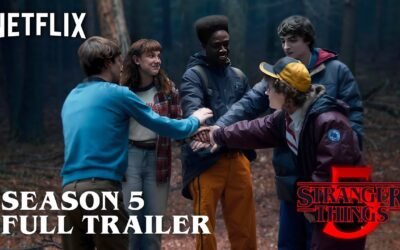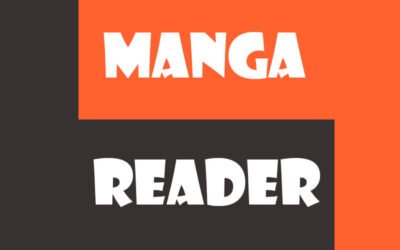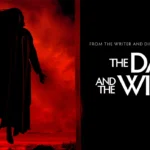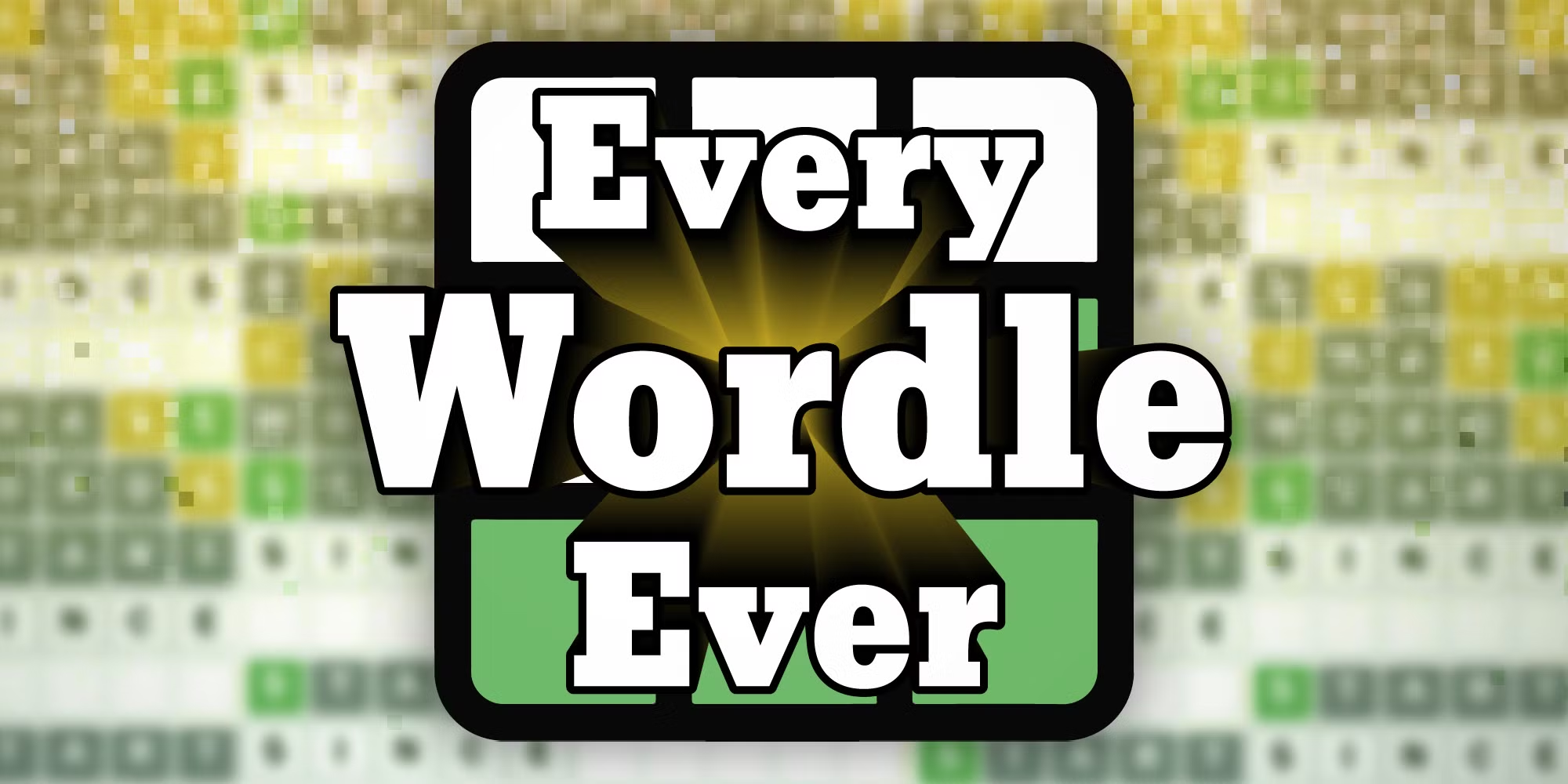Wordle has taken the world by storm, becoming a favorite among puzzle enthusiasts and casual gamers. This minimalist word game has turned into a global sensation, drawing millions of players each day. But what makes Wordle so captivating? And how did it become such a viral hit? In this article, we’ll take a deep dive into Wordle’s history, its origins, its rise to popularity, and how it has influenced both the gaming world and everyday life. Buckle up—this is the ultimate guide to Wordle history.
What is Wordle?
Before we delve into the rich history of Wordle, let’s take a moment to understand what Wordle is. Wordle is a simple, web-based puzzle game where players are given six chances to guess a five-letter word. With each guess, the letters light up in different colors, indicating whether the letters are correct and in the right place (green), correct but in the wrong place (yellow), or not part of the word at all (gray). The beauty of Wordle lies in its simplicity, offering a refreshing break from more complex and time-consuming games.
How Wordle Works:
- Players have six tries to guess the word of the day.
- After each guess, the game gives color-coded feedback.
- Green = Correct letter in the correct position.
- Yellow = Correct letter, but wrong position.
- Gray = Incorrect letter.
- The word changes every day, and everyone plays the same word worldwide.
Now that we understand how the game works, let’s dive into the exciting journey of Wordle’s creation.
The Origins of Wordle
The story of Wordle begins with a software engineer named Josh Wardle, a Brooklyn, New York, man. Wardle, who had previously worked at Reddit, originally designed Wordle as a personal project for his partner, Palak Shah. Both loved word games, so Josh wanted to create something special they could enjoy together. Wordle is a play on Josh’s last name, “Wardle.”
Wordle was just a small, fun project shared between the two at the start. They kept the game private, only playing it among themselves. However, after seeing how much Palak enjoyed the game and how it brought joy to their daily lives, Josh decided to share it with a broader audience.
The Initial Launch
Wordle was quietly launched on the web in October 2021 without much fanfare. There was no advertising or flashy promotions—just a simple link that Josh shared with friends and family. Slowly but surely, the game started gaining traction, with people sharing their results and inviting others to play. By the end of 2021, Wordle had achieved a steady following thanks to its addictive nature and shareable format.
The Viral Explosion of Wordle
Despite its humble beginnings, Wordle’s growth was nothing short of meteoric. In January 2022, the game went viral, attracting millions of daily players seemingly overnight. So, how did a simple word game capture the hearts and minds of so many people?
The Power of Social Sharing
One key factor that fueled Wordle’s rapid success was the ability to share results on social media. After each game, players could easily copy their results—a grid of colored squares—without giving away the answer. These results were then shared on platforms like Twitter and Facebook, where others could see the challenge and feel motivated to play. This created a viral loop, and more people were introduced to the game daily.
The Timing of Wordle’s Popularity
Wordle’s rise coincided with the ongoing COVID-19 pandemic, when many people were stuck at home, looking for simple and engaging entertainment. The daily puzzle format offered a routine, something people could look forward to daily without the pressure of spending too much time or mental energy. It was a welcome distraction in an uncertain time.
Why is Wordle So Addictive?
To truly understand Wordle’s history, we must explore why this simple game became a hit. While its mechanics are simple, there’s more to the game’s charm than meets the eye. Several psychological factors make Wordle addictive in a fun and healthy way.
1. The Satisfaction of Solving a Puzzle
Humans are naturally drawn to solving problems. The challenge of figuring out the right word in six tries taps into that instinct, giving players a satisfying sense of achievement when they guess correctly.
2. Scarcity and Anticipation
Wordle only allows players to solve one puzzle per day. Wordle’s scarcity is part of its appeal, unlike many other games that encourage endless play. This creates anticipation for the next day’s puzzle, making it a daily habit for players worldwide.
3. Social Sharing and Friendly Competition
As mentioned earlier, Wordle’s shareable format allowed players to engage in friendly competition with others. The shared experience of solving the same puzzle gave players something to discuss, compare, and bond over. It fostered a sense of community that has been key to its success.
The Impact of Wordle on Popular Culture
By early 2022, Wordle history was being written into the annals of pop culture. The game had grown far beyond its original user base, capturing the attention of media outlets, celebrities, and even governments. Let’s take a look at how Wordle influenced the culture at large.
Wordle Memes and Trends
Wordle quickly became a subject of internet memes and trends, with people poking fun at their failed attempts or their lucky guesses. These light-hearted jokes increased the game’s popularity, making it a cultural phenomenon.
Wordle’s Influence on Other Games
The success of Wordle sparked the creation of numerous spin-offs and clones. Variations like Heardle (for music lovers), Nerdle (for math fans), and Worldle (for geography enthusiasts) took the Wordle format and adapted it to different interests. This ripple effect across the gaming landscape shows the original game’s influence.
Wordle and Language Learning
Wordle also had a positive impact on language learning. Players were encouraged to think critically about word structure, letter frequency, and vocabulary, all while having fun. Teachers began incorporating Wordle into their lessons to help students interactively improve their spelling and word comprehension.
The Acquisition of Wordle by The New York Times
As Wordle’s popularity soared, it caught the attention of major companies. In January 2022, it was announced that The New York Times had acquired Wordle from Josh Wardle. The exact amount of the deal wasn’t disclosed, but reports suggest it was a seven-figure sum.
Why Did The New York Times Acquire Wordle?
The New York Times has a long history of offering word games like the NYT Crossword Puzzle and Spelling Bee. Wordle fits perfectly into their strategy of expanding their gaming offerings to attract a younger, tech-savvy audience. The game’s daily format aligned with the Times’ mission of providing regular, engaging content.
What Changed After the Acquisition?
At first, many Wordle fans feared the acquisition would change the game’s accessibility or lock it behind a paywall. Thankfully, The New York Times kept the game accessible and relatively unchanged, aside from some minor backend updates. The game continued to grow, and now even more players could access it through the Times’ platform.
Wordle in Numbers: A Table of Key Milestones
| Milestone | Date | Details |
|---|---|---|
| Wordle Created | Early 2021 | Josh Wardle creates Wordle for personal use,, and partners” perform partners’ |
| Public Launch | October 2021 | Wordle is quietly launched on the web for free. |
| Game Goes Viral | January 2022 | Wordle experiences explosive growth, reaching millions of players. |
| Acquisition by NYT | January 2022 | The New York Times acquires Wordle in a seven-figure deal. |
| Record Daily Players | Early 2022 | Wordle reaches over 3 million daily players at its peak. |
The Future of Wordle
As we look ahead, Wordle’s future seems bright. With its home at The New York Times, the game is set to continue delighting players for years to come. Moreover, Wordle’s continued success has shown the gaming industry that sometimes simplicity is key.
Wordle’s influence has also paved the way for more creative and minimalist games focusing on challenging the mind rather than dazzling graphics or complex mechanics. In many ways, Wordle has set a new standard for what it means to create a viral game in the digital age.
Possible Innovations
While The New York Times has kept the game unchanged, there’s potential for new features and modes. We may see:
- Multiplayer Wordle: A real-time feature where friends can compete against each other.
- Wordle-Themed Packs: Specialized word lists based on themes like animals, geography, or historical events.
- Daily Streaks: Players could earn rewards for solving multiple puzzles in a row.
Conclusion: Wordle’s Legacy
Wordle’s history is a testament to the power of simple, thoughtful design. Created by Josh Wardle out of love and shared for free with the world, Wordle has left an indel
able mark on gaming culture.
In just a short time, Wordle has entertained millions, sparked creativity, fostered community, and even helped improve language skills. As we continue to enjoy our daily Wordle puzzles, one thing is sure—Wordle history will be remembered as a little game that has had a significant impact.










